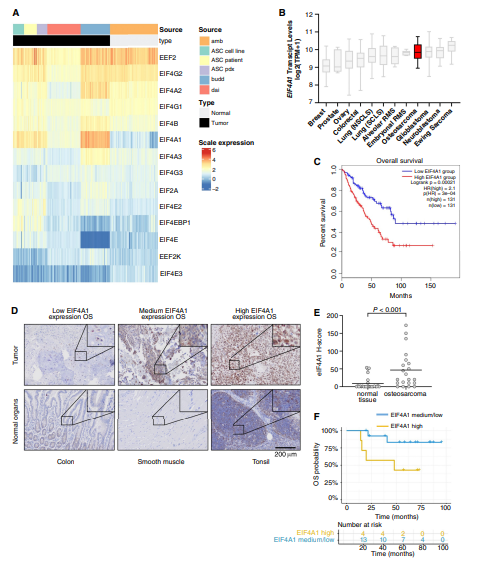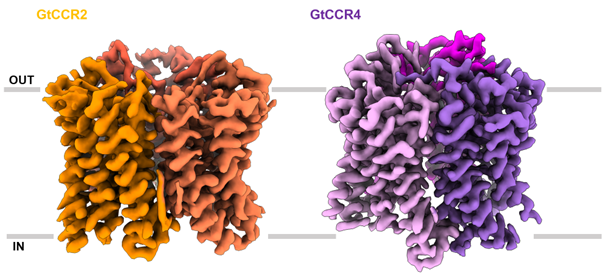2024-09-04 カナダ・ブリティッシュコロンビア大学(UBC)
<関連情報>
- https://news.ubc.ca/2024/09/drug-discovery-could-prevent-spread-of-childhood-bone-cancer/
- https://aacrjournals.org/clincancerres/article/doi/10.1158/1078-0432.CCR-24-1317/747412/Pharmacologic-Inhibition-of-EIF4A-Blocks-NRF2
EIF4Aの薬理学的阻害がNRF2合成を阻害し骨肉腫の転移を防ぐ Pharmacologic Inhibition of EIF4A Blocks NRF2 Synthesis to Prevent Osteosarcoma Metastasis
Michael M. Lizardo;Christopher Hughes;Yue Z. Huang;Taras Shyp;Alberto Delaidelli;Hai-Feng Zhang;Sol Snir Shaool;Annalena F. Renner;Farez Burwag;Leanne C. Sayles;Alex G. Lee;Alejandro Sweet-Cordero;Poul H. Sorensen
Clinical Cancer Research Published:August 28 2024
DOI:https://doi.org/10.1158/1078-0432.CCR-24-1317

Abstract
Purpose:
Effective therapies for metastatic osteosarcoma (OS) remain a critical unmet need. Targeting mRNA translation in metastatic OS offers a promising option, as selective translation drives the synthesis of cytoprotective proteins under harsh microenvironmental conditions to facilitate metastatic competence.
Experimental Design:
We assessed the expression levels of eukaryotic translation factors in OS, revealing the high expression of the eukaryotic initiation factor 4A1 (EIF4A1). Using a panel of metastatic OS cell lines and patient-derived xenograft (PDX) models, EIF4A1 inhibitors were evaluated for their ability to block proliferation and reduce survival under oxidative stress, mimicking harsh conditions of the lung microenvironment. Inhibitors were also evaluated for their antimetastatic activity using the ex vivo pulmonary metastasis assay and in vivo metastasis models. Proteomics was performed to catalog which cytoprotective proteins or pathways were affected by EIF4A1 inhibition.
Results:
CR-1-31B, a rocaglate-based EIF4A1 inhibitor, exhibited nanomolar cytotoxicity against all metastatic OS models tested. CR-1-31B exacerbated oxidative stress and apoptosis when OS cells were co-treated with tert-butylhydroquinone, a chemical oxidative stress inducer. CR-1-31B potently inhibited OS growth in the pulmonary metastasis assay model and in experimental and spontaneous models of OS lung metastasis. Proteomic analysis revealed that tert-butylhydroquinone–mediated upregulation of the NRF2 antioxidant factor was blocked by co-treatment with CR-1-31B. Genetic inactivation of NRF2 phenocopied the antimetastatic activity of CR-1-31B. Finally, the clinical-grade EIF4A1 phase-1-to-2 inhibitor, zotatifin, similarly blocked NRF2 synthesis and the OS metastatic phenotype.
Conclusions:
Collectively, our data reveal that pharmacologic targeting of EIF4A1 is highly effective in blocking OS metastasis by blunting the NRF2 antioxidant response.


